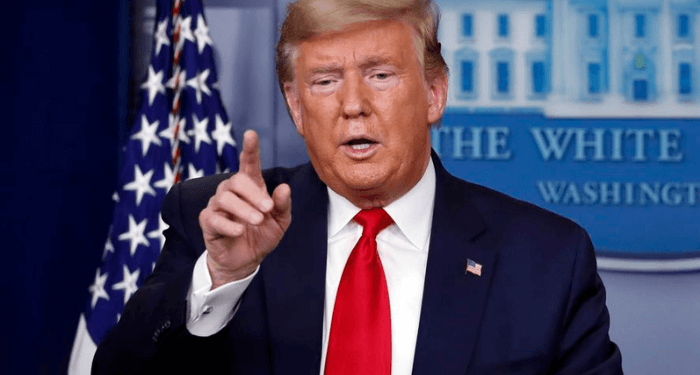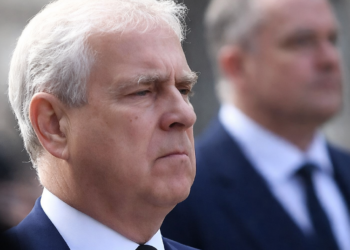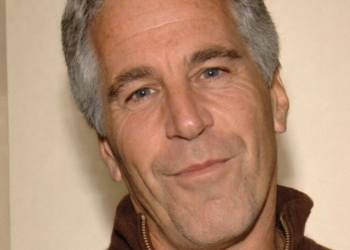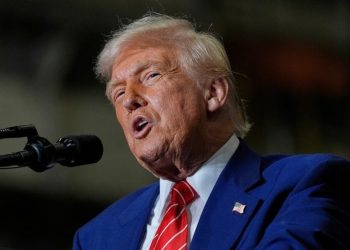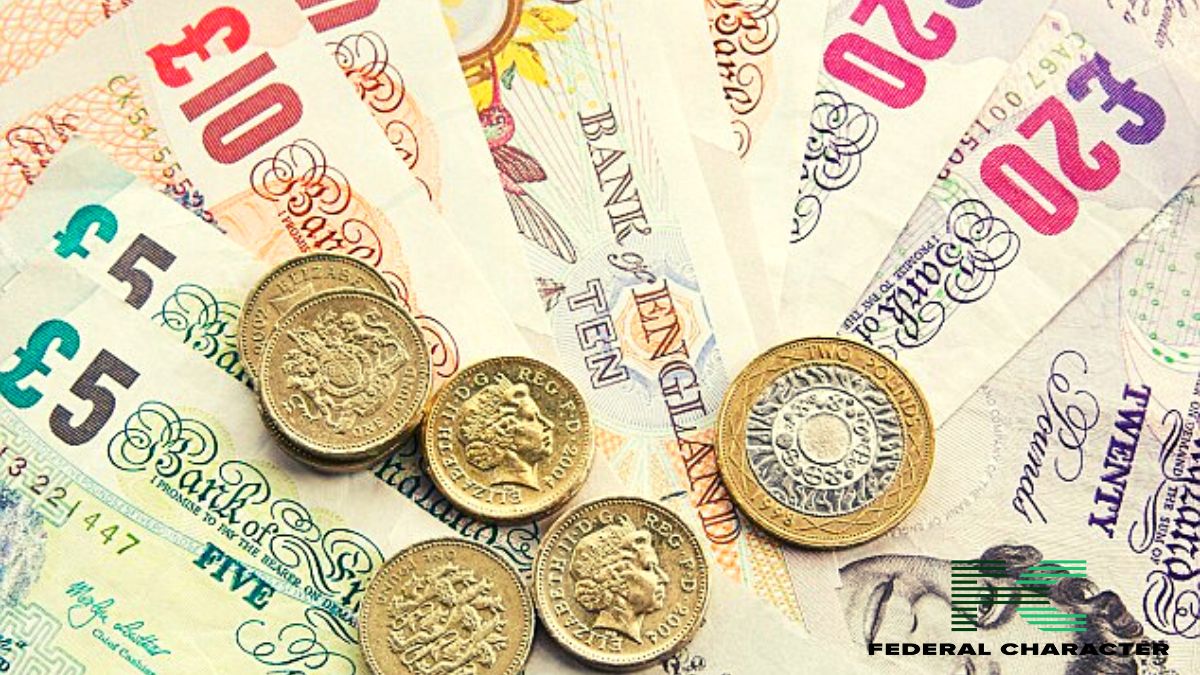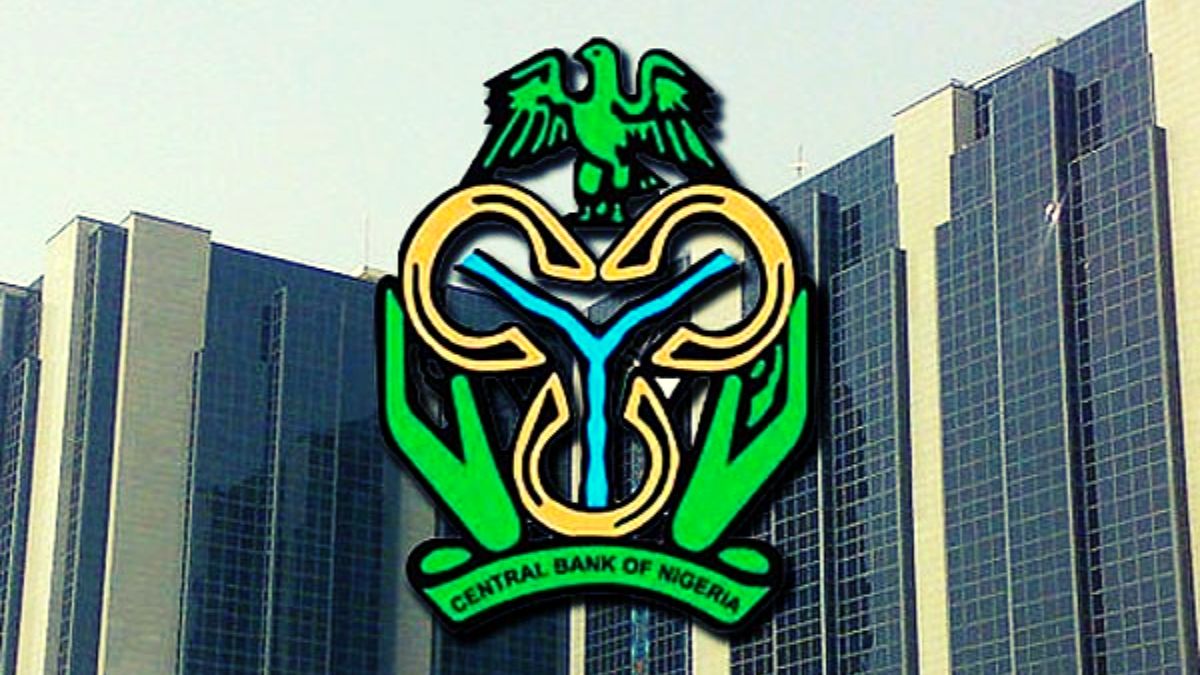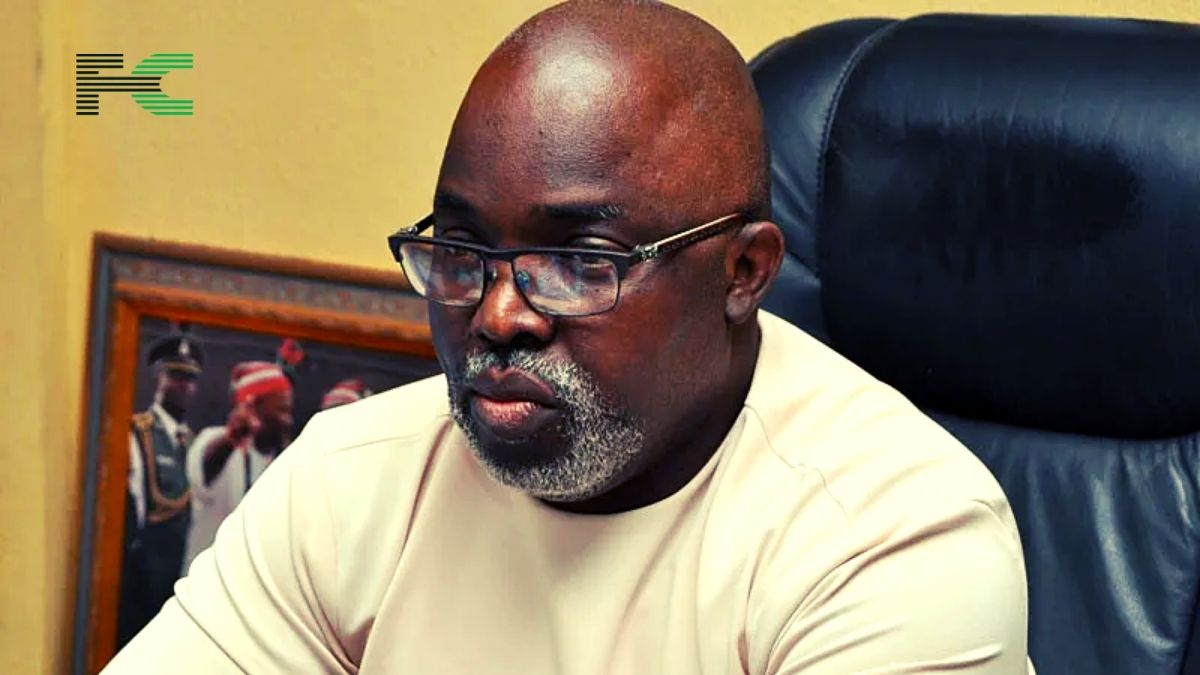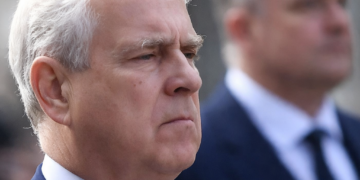President Donald Trump announced a new trade deal with South Korea, imposing a 15% tariff on key imports including cars and semiconductors, just before the August 1 deadline that would have triggered a 25% levy. The agreement, which Trump called “full and complete,” also secures a $350 billion investment pledge from Seoul, with $150 billion dedicated to US shipbuilding, including warships.
The deal prevents a major escalation in US-South Korea trade tensions, particularly after Japan secured a similar 15% tariff rate last week. South Korean President Lee Jae Myung praised the agreement, stating it maintains fair competition while protecting sensitive sectors like rice and beef imports, which were excluded from negotiations.

Steel and Aluminum Hit with 50% Tariff, Matching Global Rate
While the 15% tariff covers automobiles and chips, South Korean steel and aluminum will face a 50% duty, aligning with Trump’s global metals tariffs. The move spares Seoul from deeper concessions but leaves its steel industry at a disadvantage. However, South Korea avoided reopening its agricultural markets, a major win for its farming sector, which had threatened protests.
The deal sidesteps the contentious issue of US troop funding in South Korea, though Trump has previously threatened to withdraw forces unless Seoul increases payments. This topic is expected to resurface during Lee’s upcoming Washington summit, where additional financial commitments may be negotiated.
Meanwhile, much of South Korea’s pledged $350 billion investment repurposes funds promised under the Biden administration, including support for US electric vehicle battery production and semiconductor manufacturing.
Why It Matters
Since returning to office, Trump has aggressively expanded import taxes, arguing they protect US jobs and revive manufacturing. However, economists warn that rising tariffs could increase consumer prices and disrupt global supply chains. With South Korea now joining Japan and other nations in securing last-minute deals, the world economy is still bracing itself for further trade policy shocks.

